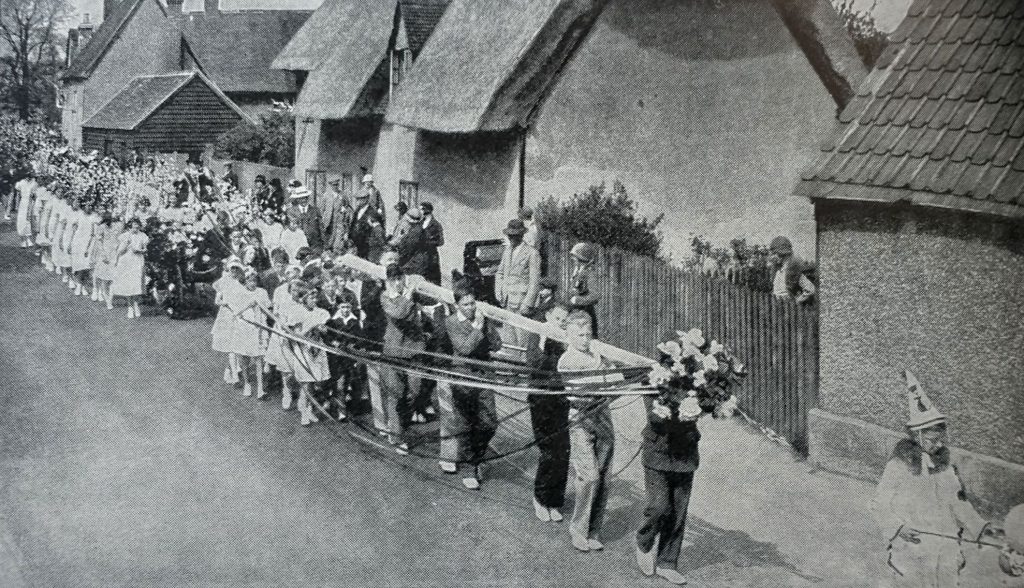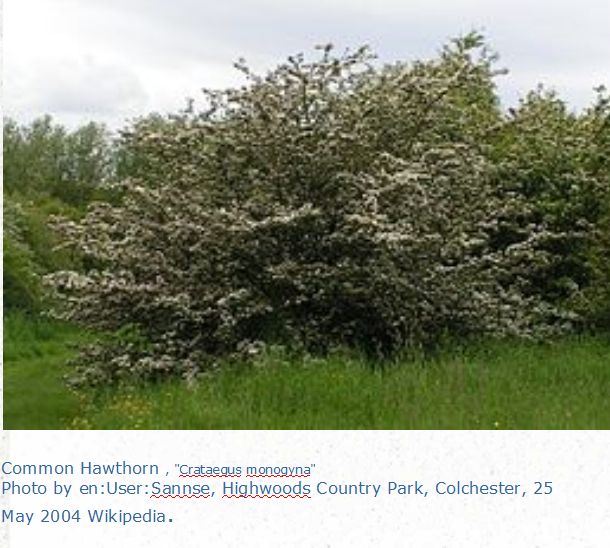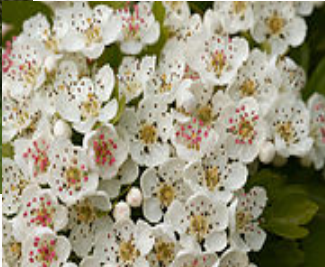
Maypoles were often stored during the year. A few days before May Day they were repainted, and bedecked with May Garlands – mostly made from Hawthorn. The Maypole used in London in 1660 was 134 feet high. Tall straight trees were used, sometimes of Larch, and they might be spliced together to get the requisite height. John Stow says that each parish in London had their own Maypole, or combined with a neighbouring Parish. The main Maypole was on the top of Cornhill, in Leadenhall Street, and it was stored under the eves of St Andrew’s Church which became known as St Andrew’s Undershaft as a result.
Padstow holds, perhaps, the most famous May Day festival on May 1st. Padstow feels very ‘pagan’ or do I mean it is fuelled by an enormous amount of drink?
Here is a video, watch until you see the ‘obby ‘orse and the teaser dancing.
The celebrations begin on May Eve because the Celtic calendar starts the day at Dusk. This seems strange to us even though we perversely ‘start’ our day at Midnight just after everyone has gone to bed! The other choice, and maybe the most logical is, Dawn, but Dawn and Dusk are difficult to fix. Midnight was chosen by Julius Caesar when he created the Julian Calendar. Midnight has the virtue of being a fixed metric, being half way between Dawn and Dusk.
Celebrations centred around the Bonfire, and for the Celts was sacred to the fire God Belinus, and May Day was called Beltane. Bonfires continued to be a part of the celebration into the 16th Century, and in places until the 20th Century. According to folklore tradition, the bonfire should be made of nine types of wood, collected by nine teams of married men (or first born men). They must not carry any metal with them and the fire has to be lit by rubbing oak sticks together or a wooden awl twisted in a wooden log. The people have to run sunwise around the fire, and oatcakes are distributed, with one being marked with a black spot. The one who collects it has to jump through the fire three times. Bonfires would have been on the top of hills, or in the streets in London.
May celebrations have a similarity to Halloween, which was also a fire festival and both are uncanny times when sprites and spirits abound. Hawthorn was a favoured wood not only because of its beautiful may flower but also because it was said to be the wood the crown of thorns was made from. It had the power of resisting supernatural forces, so was used to protect doors, cribs, cow sheds and other places from witches. Witches, it was said, got their power to fly from potions made from chopped up infants. The best protection was Christening and the custom was that christening took place as early as possible and normally three days after birth. Shakespeare was baptised on 26th April 1564, so we celebrate his birthday on 23rd April. See my post for more on this subject.
Cribs would be bedecked with Hawthorn and protection might be augmented by a bible, rowan, and garlic. Babies born between May 1 and 8 were thought to be special children destined to have power over man and beast. Weddings were frowned upon in Lent and in May, so April became a popular choice for marriage.

After celebrations in the evening of April 30th, women would go out in the woods to collect May, other flowering plants, and to wash their faces in May Dew preferable from the leaves of Hawthorn, or beneath an oak tree, or from a new-made grave. The dew was said to improve their complexion and was also used for medical conditions such as gout and weak eyes. Thinking of one’s lover on May Day might bring marriage within the year.
May morning would commence with dancing around the Maypole, followed by feasting, and summer games.

